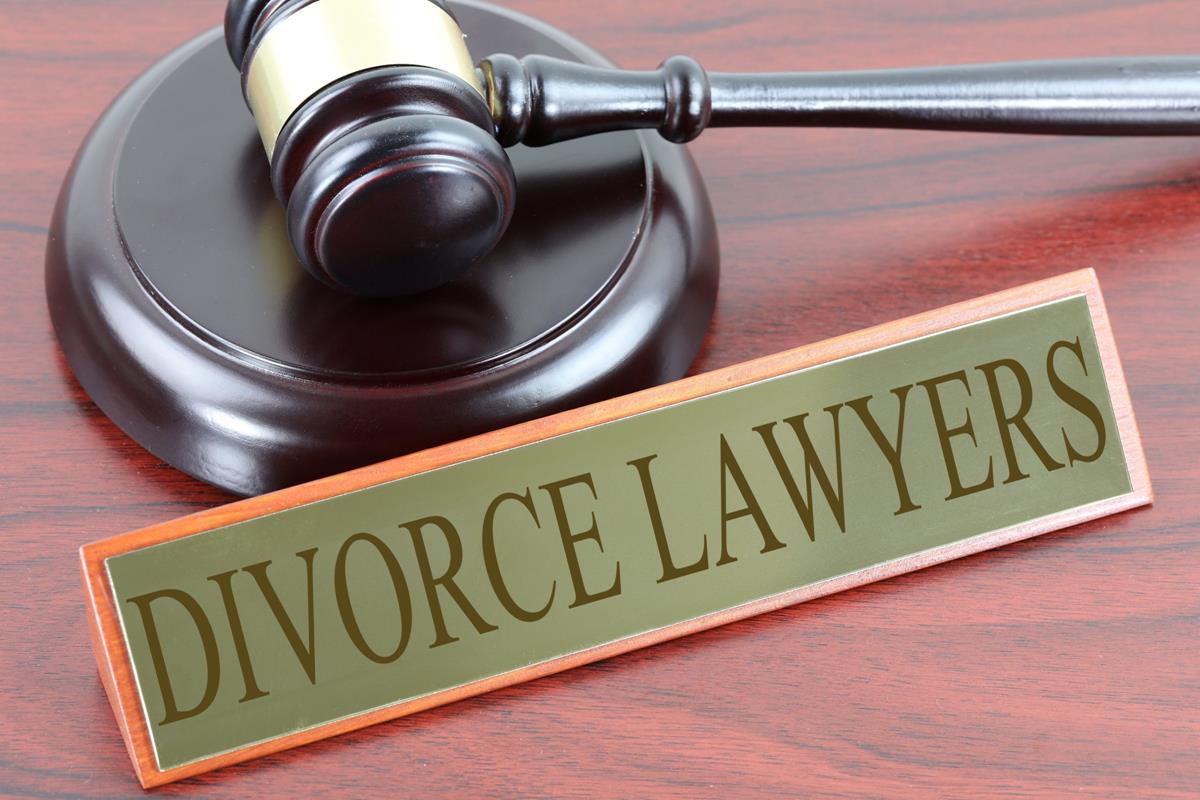
Most couples prefer to dissolve their marriage out of court, as it is much more convenient in every way. When a divorce case goes to trial in the district family court, it becomes a lot more complicated and contentious. Litigated divorce can linger on for several months (and occasionally years) and turn out to be rather expensive. In divorce court, both spouses have no control over the final verdict; their input can influence the judge’s the decision at best. Fortunately, you can finalize a divorce outside of court, whilst saving a great deal of time and money. If you want to retain authority over divorce matters and maintain confidentiality, you may opt for any of the following alternatives to divorce court:
DIY divorce refers to acquiring the legal documentation required to initiate a divorce and settling the matter privately with your spouse (without the involvement of any legal professional). This approach to divorce is very informal, quick, and cheap, yet it can be extremely risky. It is only suitable for couples who have been married for a very brief period, have no children together, own negligible assets, and earn comparable incomes. Since there is no issue of property division, child custody, or alimony, this method checks out.
Collaborative divorce is a lot more organized and safe, as opposed to the DIY approach. You and your spouse will each hire your own legal representative, i.e. a qualified and experienced divorce attorney. You can either negotiate in person with both attorneys present, or communicate through your attorneys without actually meeting up. Both parties can put forward their proposals for a settlement, reach common ground, make reasonable exceptions, compromise on some matters, and finalize an agreement. Unfortunately, collaborative divorce does not work if there is too much conflict between the two parties.
When the divorcing parties fail at resolving disagreements and differences on their own, the services of a mediator may prove valuable. The mediator is a person who possesses sufficient knowledge of divorce procedures and maintains impartiality towards both parties. During mediation, both parties have the privilege to express their feelings, concerns, interests, and expectations. The mediator will listen to both sides and then devise a solution that is fair to all stakeholders. Retaining your separate lawyers during mediation is important, or the exchange of offers and counteroffers can become very confusing. The agreement suggested by a mediator can only be imposed once both parties have signed the document.
If a divorce case is not even settled after mediation, the next step is usually to prepare for trial. However, there is one more way to deal with a contested divorce out of court, i.e. arbitration. The arbitrator is chosen by both parties with the help of their lawyers; in most cases, the appointed arbitrator is a retired judge who has profound experience in handling divorce related matters. The arbitration process is similar to a trial, but more efficient and less formal. Bear in mind that an arbitrator’s decision is binding, which means you cannot demand a do-over or court trial afterwards.
The discussed alternatives to divorce court have one thing in common – both parties should be on pleasant, if not amicable, terms with each other. If one party dominates, too much hostility resides, one party opposes the motion, or there is a history of domestic violence, an informal and private settlement would be a bad idea. Sometimes, litigation is necessary to achieve a rational outcome, and a litigated divorce does not always go to trial. Consult Top Divorce Lawyers in Bucks County, PA, for further guidance and allow them to resolve your case in the best possible manner.